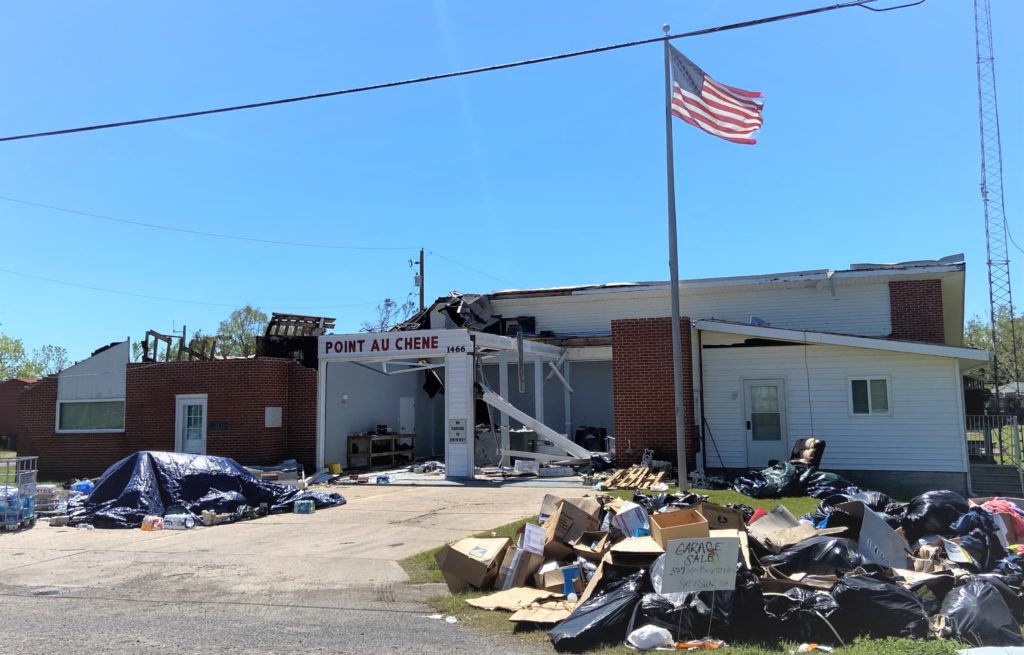
Our nation is increasingly challenged by the frequency and magnitude of natural disasters with severe consequences for communities and their residents. As future events will likely continue with more serious and immense harm, federal aid plays an invaluable role in post-disaster rebuilding. Federal support includes immediate response through the Federal Emergency Management Agency (FEMA) and Small Business Administration (SBA). Engagement on long-term assistance is provided through the U.S. Department of Housing and Urban Development (HUD). Resources directed through the Community Development Block Grant – Disaster Recovery (CDBG-DR) respond to varying needs in housing, economic development, and public facilities. From its first allocation three decades ago to today, Congress has allocated $100 billion in federal assistance helping communities recover and withstand further destruction. States and localities have successfully targeted federal resources to long-term recovery needs. However, lingering issues exist which cause significant delays to assistance being delivered. Unfortunately, HUD is limited in making structural changes to address these problems. Instead, it is up to Congress to install reforms to CDBG-DR.
The Reforming Disaster Recovery Act (S. 1686) would authorize CDBG-DR and install related changes to help expedite funding to people and communities. Additionally, the legislation advances resources and capacity to support grantees which has proven to be a major impediment to distributing disaster assistance. Various stakeholders have urged Congress to codify the CDBG-DR program including the Government Accountability Office (GAO); the agency stressed the importance of authorization and related updates to CDBG-DR in its 2019 report. HUD Office of Inspector General (OIG) has also recommended codification of the program.
Authorizes a program which has operated on a temporary basis for 30 years
Emphasizes collaboration between HUD, SBA, and FEMA to facilitate mitigation and other infrastructure activities / Coordinates technical assistance supporting funding recipients / Promotes capacity building for states, localities, and tribal governments
A new office is established with dedicated staff to coordinate recovery and resiliency across federal government
Funding is made available to states/local governments immediately after a disaster while federal funding is being approved
Allocations published within 30 days of law enactment / Assistance determined by HUD within 90 days of presidentially-declared disaster per available data; no later than 120 days following declaration / Grantee plans are due to HUD within 90 days of allocation announcement w. 14-day public participation and comment period / HUD must approve, deny, or partially-approve plan within 60 days of receipt / Closeout of funds: grantees have up to six years from obligation date to use funds; and up to eight years to expend funds for mitigation activities
HUD may provide an initial grant to states and localities up to $5 million per recipient; funds are eligible for use to plan, determine unmet needs, ensure reduction of waste, fraud, and abuse, evaluate housing needs
A certification process is established to ensure grant recipient accountability and position to appropriately distribute funding; reviews are established to track performance and spending rates
HUD has six months from date that the legislation is signed into law to issue proposed rules to carry out CDBG-DR with a 90-day comment period / HUD will publish final regulations within one year of the law’s enactment
Directs HUD to coordinate with FEMA on disaster recovery assistance / Establishes interagency and intragovernmental data sharing agreements: FEMA and SBA to HUD, HUD to HUD grantees, and HUD grantees to HUD, FEMA, and SBA
For inquiries, please contact Josh Shumaker COSCDA Director of Advocacy and Federal Programs ([email protected]).
630 Eye Street, N.W.
Washington, D.C. 20001
(202) 293-5820